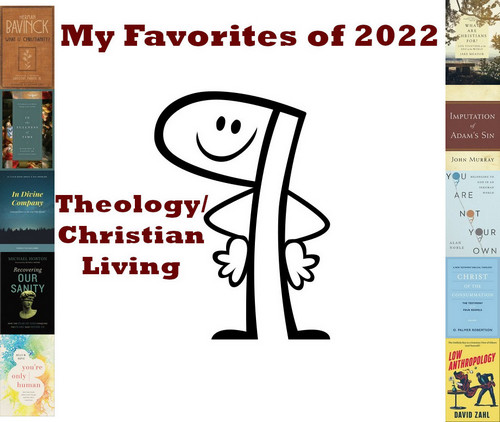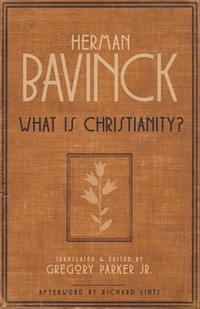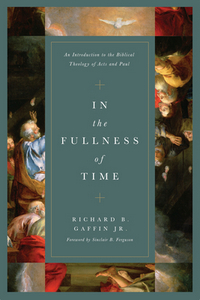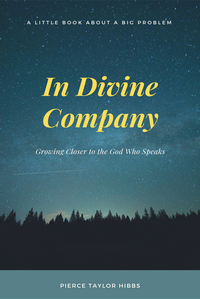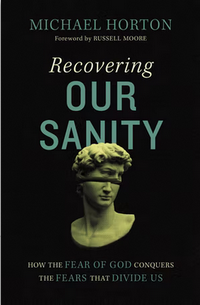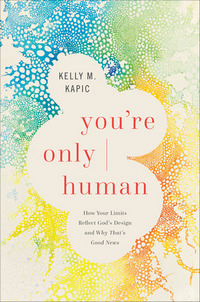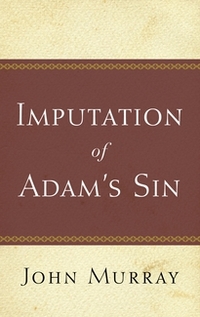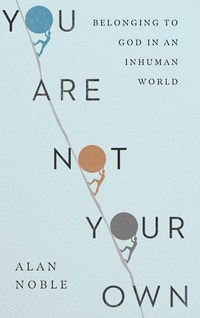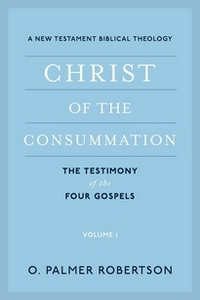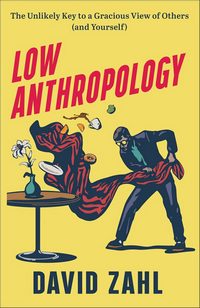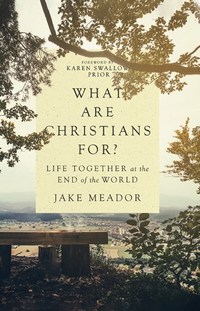 What Are Christians For?:
What Are Christians For?:
Life Together at the End of the World
by Jake Meador
DETAILS: Publisher: IVP Publication Date: February 21, 2022 Format: Hardcover Length: 170 pg. Read Date: March 27- April 3, 2022

God looks at this world and loves it, which is why we can and should do the same. This world is not something we should seek to escape through conquest or bend to our will through technique, power, or control. Rather, it is a gift given to us by God for our joy and his glory. Because God is love and his law is good, we can look at our neighbor and love him or her. Because God gave himself to us, we can give ourselves to others. We can confidently and joyfully enter into these debts of love that we build up over a lifetime of living in the world, and we can dispense them with extravagance, trusting that whatever wrongs we might experience today as a result of such living will be gathered up and made right in the glorious and perfect love of God.
The Back of the Book
What does a Christian political witness look like in our day?
Politics ought to be defined by fidelity to the common good of all the members of society. But our modern Western politics are defined by a determination to bend the natural world and human life to its own political and economic ends. This wholesale rejection of the natural order is behind the dominant revolutions in our history, and defines our experience in Western society today—our racialized hierarchy, modern industry, and the sexual revolution.
In What Are Christians For?, Jake Meador lays out a proposal for a Christian politics rooted in the givenness and goodness of the created world. He is uninterested in the cultural wars that have so often characterized American Christianity. Instead, he casts a vision for an ordered society that rejects the late modern revolution at every turn and is rooted in the natural law tradition and the great Protestant confessions. Here is a political approach that is antiracist, anticapitalist, and profoundly pro-life. A truly Christian political witness, Meador argues, must attend closely to the natural world and renounce the metallic fantasies that have poisoned common life in America life for too long.
Faithful Presence
In his discussion of the Christian response to those revolutions, Meador borrows a scheme from James Davison Hunter describing the four postures Christians have taken: defensive against, relevance to, purity from, and faithful presence.
He doesn’t spend a lot of space—but sufficient space—defining and then critiquing the first three, but gives more space to faithful presence. And actually, everything he argues for in the remainder of the book could fit in this category. I want to say I’d heard of Hunter’s categories before this, but I can’t remember where (in print or lecture). But first off, I really appreciated the schema in terms of describing how the American Church has responded. But even more, I appreciated Meador’s explanation of faithful presence and then his application of it.
Influences
Meador builds the arguments in this book on the work of Herman Bavinck—particularly his book, Christian Worldview. But he’s drawing on several other thinkers and writers from across the theological spectrum (a methodology borrowed from Bavinck). You can see the fingerprints of Lewis, Tolkien, Wendell Berry, John Paul II, Solzhenitsyn, Martin Bucer—and others. There’s a breadth of influences here that’s impressive and adds a lot to the arguments (and makes narrow-minded guys like me a little uncomfortable).
So, what did I think about What Are Christians For??
What did [Aleksandr Solzhenitsyn] propose as a way through the revolution? We must turn, our eyes upward to the heavens, he said, not as a place to conquer, as his compatriots in the space program believed, but as a reminder that our lives exist as a vapor in the wind, and then comes the judgment.
We do not conquer the heavens; we are judged by them. And if we fail to discover the sources of spiritual health, there is nothing else for us. Our spiritual lives will continue to be trampled on by the weight of our age. And if our spiritual lives are destroyed, no amount of wealth or power can atone for such a loss.
This seems like one of those books that I need to read a handful of times and then read some scholarly reviews—pro and con—before I can really say I have a handle on the strengths and weaknesses of the arguments. Thankfully, this isn’t that kind of blog.
How did it read? Very nicely. Meador’s writing is strong, it’s clear, and he’s able to express complex thoughts in a very digestible manner. Sure, I think I need to read it a few more times before I could say I mastered the thoughts—but that’s on me, not the text, this is just not the kind of thing I spend a lot of time thinking about. I appreciated Meador being critical of both the American Left and the American Right (you rarely see that in Christian literature), while putting forth a vision built on the best of the Christian traditions.
I don’t think Meador offers a perfect solution to the situation we find ourselves in, but there’s a lot of insight and wisdom to be found in these pages. And even if it’s not perfect, it’s a whole lot better than anything else I’ve found.

This post contains an affiliate link. If you purchase from it, I will get a small commission at no additional cost to you. As always, opinions are my own.
![]()



